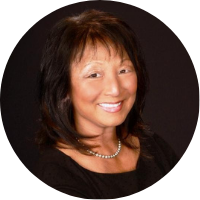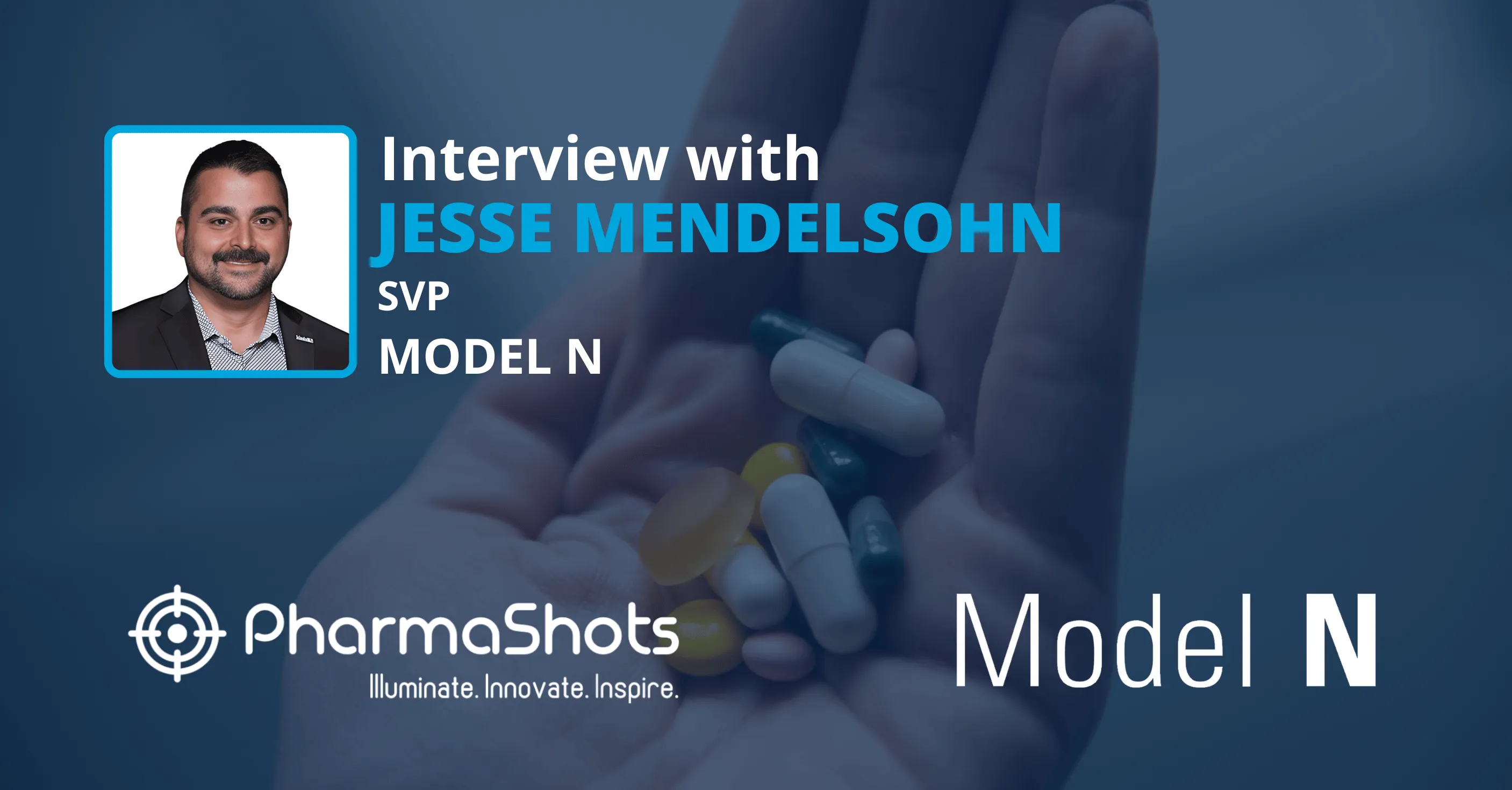
In an Insightful Conversation with PharmaShots, Betty Woo Highlights Thermo Fisher's Cell Therapy Collaboration Program
Shots:
-
Betty Woo, VP of Cell, Gene, and Advanced Therapies, Thermo Fisher Scientific discusses the evolution of ThermoFisher’s strategic collaboration with ArsenalBio
-
Betty highlights the development of programmable autologous T cells for the treatment of cancer and the cell therapy collaboration program
-
Betty believes that through innovation and partnership, they can tap into the full potential of cell and gene therapy programs with Artificial Intelligence and Machine Learning playing crucial roles in enhancing manufacturing and product quality
Saurabh: Would you please give our readers some insight into your strategic collaboration with Arsenal Biosciences and how the collaboration has evolved?
Betty: Arsenal Biosciences, Inc. (ArsenalBio) is an innovative, clinical-stage company developing programmable, autologous T-cells for the treatment of solid tumors. Current cell therapies focus on blood cancers; however, solid tumors make up around 90% of adult cancers. Accordingly, these therapies that target solid tumors open up potentially curative treatment options to many more patients.
Thermo Fisher Scientific first began our collaboration with ArsenalBio in 2020 after initial conversations with their team to understand what they needed to bring their manufacturing processes to clinical scale. Initially, our strategic collaboration was focused on technology development and manufacturing readiness. We provided early access to Thermo Fisher Scientific’s latest technologies, worked together to troubleshoot technical issues and optimized processes. Our collaboration has since expanded to scaling manufacturing processes to improve the economics of cell therapy production.
Earlier this year, we announced an update to this partnership to further the development of manufacturing processes for new cancer treatments. We look forward to continuing our collaboration with ArsenalBio as they work to bring new treatment options to patients who need them.
Saurabh: How is this collaboration enabling ArsenalBio to develop a robust manufacturing process for their next-generation, programmable autologous T cells for the treatment of cancer?
Betty: When it comes to moving cell therapies through research to clinical manufacturing, having scalable, reproducible processes in place is key, as is having confidence in the quality and availability of critical raw materials. Streamlining processes is central to the collaboration between Thermo Fisher and ArsenalBio. Our collaboration reminds us of the urgency and importance of hastening the availability of these therapies for patients, that we are all in this together, and that as one team we are leveraging expertise contributed by all parties to achieve our shared vision.
Saurabh: Shed some more light on your Cell Therapy Systems (CTS) portfolio of products.
Betty: Thermo Fisher has a long history of working closely with cell and gene therapy (CGT) developers as a trusted partner helping them bring therapeutic candidates to the clinic with confidence. Our CTS portfolio of GMP-grade products features broad offerings, including instrumentation, reagents and consumables, analytical tools, single-use consumables and laboratory equipment.
Through our collaboration, ArsenalBio is supported by a range of products from our CTS portfolio. Some examples are the Gibco™ CTS™ Xenon™ Electroporation System, which is a closed, scalable electroporation system for non-viral mediated gene delivery, and the Gibco™ CTS™ Rotea™ Counterflow Centrifugation System, a compact, flexible system that applies the proven counterflow centrifugation method to cell processing applications.
Saurabh: Can you explain how Thermo Fisher’s Cell Therapy Collaboration Program is helping the industry shift from reactive innovation to proactive innovation?
Betty: The cell therapy industry faces an array of challenges that must be addressed to bring therapies to more patients faster, including a need for greater scalability and efficiency and, of course, the urgent need to reduce costs. By collaborating early, we can get in front of these challenges and enable efficient knowledge transfer between companies developing cell therapies, manufacturers, service providers, regulators and beyond. That is what we mean by shifting from reactive to proactive innovation. Our Cell Therapy Collaboration Program enables partnership across the industry and allows our CGT partners to access our team’s expansive knowledge and technologies to develop scalable end-to-end manufacturing workflows.
Saurabh: What is your hope for the future of cell and gene therapy production?
Betty: My hope is that through continued innovation and partnership we can tap into the full potential of the cell and gene therapy ecosystem to advance manufacturing specifically in the areas of automation, including artificial intelligence and machine learning, as well as process and product analytics. These areas will have a significant impact on bringing manufacturing costs down and increasing product quality. By industrializing processes, we can also improve access to these innovative treatments for more patients. The next several years will be a turning point for cell and gene therapies and we have already seen a number of seminal approvals over the past year with many more incredible treatments on the horizon.
Image Source: Canva
About the Author

Betty Woo
Elizabeth Woo (Betty) serves as the Vice President of Cell, Gene and Advanced Therapies at Thermo Fisher Scientific. In her current role, Betty leads a business focused on fit-for-purpose solutions for cell and gene therapy (CGT) innovators, by integrating CGT products and services across Thermo Fisher. Prior to her current role, Betty led a corporate team focused on strategic collaborations with Thermo Fisher global customers. Betty has held business, technical, and commercial leadership positions at Thermo Fisher over the past 20 years, with a common thread of providing enabling technology to serve customers.
Prior to joining Thermo Fisher, Betty served in various leadership roles at Cellomics, a biotechnology start-up, spanning product management to business development and strategic marketing.
Betty holds a doctorate in pharmacology from the George Washington University School of Medicine and Health Sciences. Additionally, Betty serves on several advisory boards including the Standards Coordinating Body, the International Society for Cell & Gene Therapy, Carnegie Museum of Natural History and the Pittsburgh Life Sciences Greenhouse.
Tags

Saurabh is a Senior Content Writer at PharmaShots. He is a voracious reader and follows the recent trends and innovations of life science companies diligently. His work at PharmaShots involves writing articles, editing content, and proofreading drafts. He has a knack for writing content that covers the Biotech, MedTech, Pharmaceutical, and Healthcare sectors.














